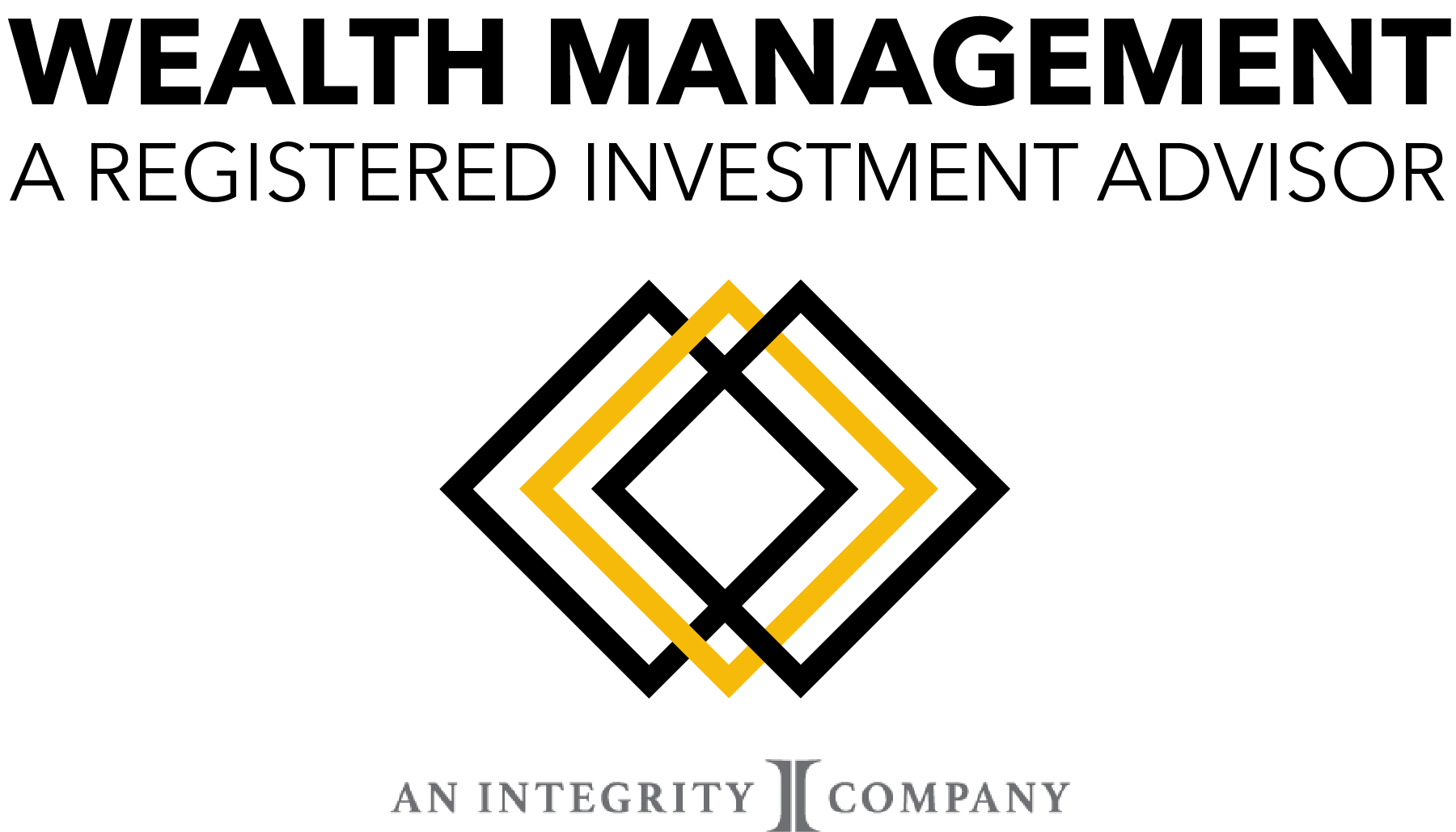Academic studies prove that active management does not win over time.
An active manager has larger hurdles like fees or costs to clear compared to the passive manager. One hurdle is operating expenses. Active managers have an array of market analyst and research department personnel that are out there looking for the next hot stock. For Passive managers these expenses are much lower.
The next hurdle unique to active managers is the cost of cash. In most active managed funds, a certain percentage of the funds’ assets are set aside in cash earning little to be able to invest in the next hot stock. Passive managers keep this money invested.
Transaction and Market impact costs. A hurdle that is larger in an actively managed fund. As the fund manager is constantly turning the portfolio which incurs transaction costs each time. Also, when there is a downturn most clients who are sold on market timing and active management jump out, while passive managers help their clients stay the course.
Tax consequences are another issue for actively managed funds. In a taxable account due to the cost of turning the portfolio stocks are being liquidated more often internally by the manager. Passive managers minimize tax issues by having less portfolio turnover.
The winner of this race is predictable as all of the higher costs make the active manager manager’s job extremely more challenging to outperform the passive manager.
